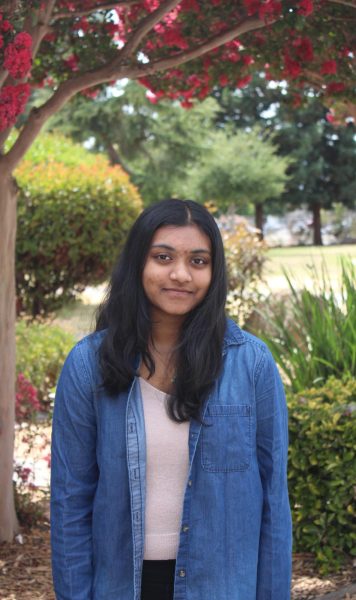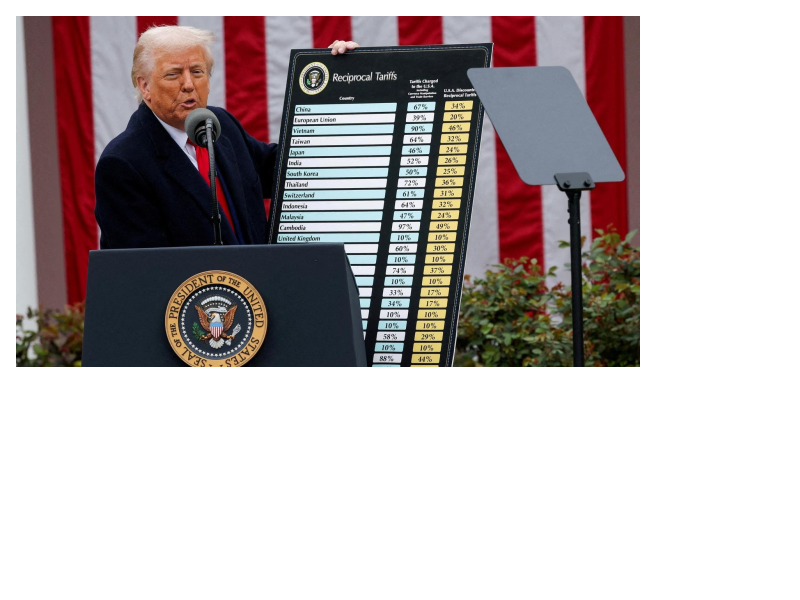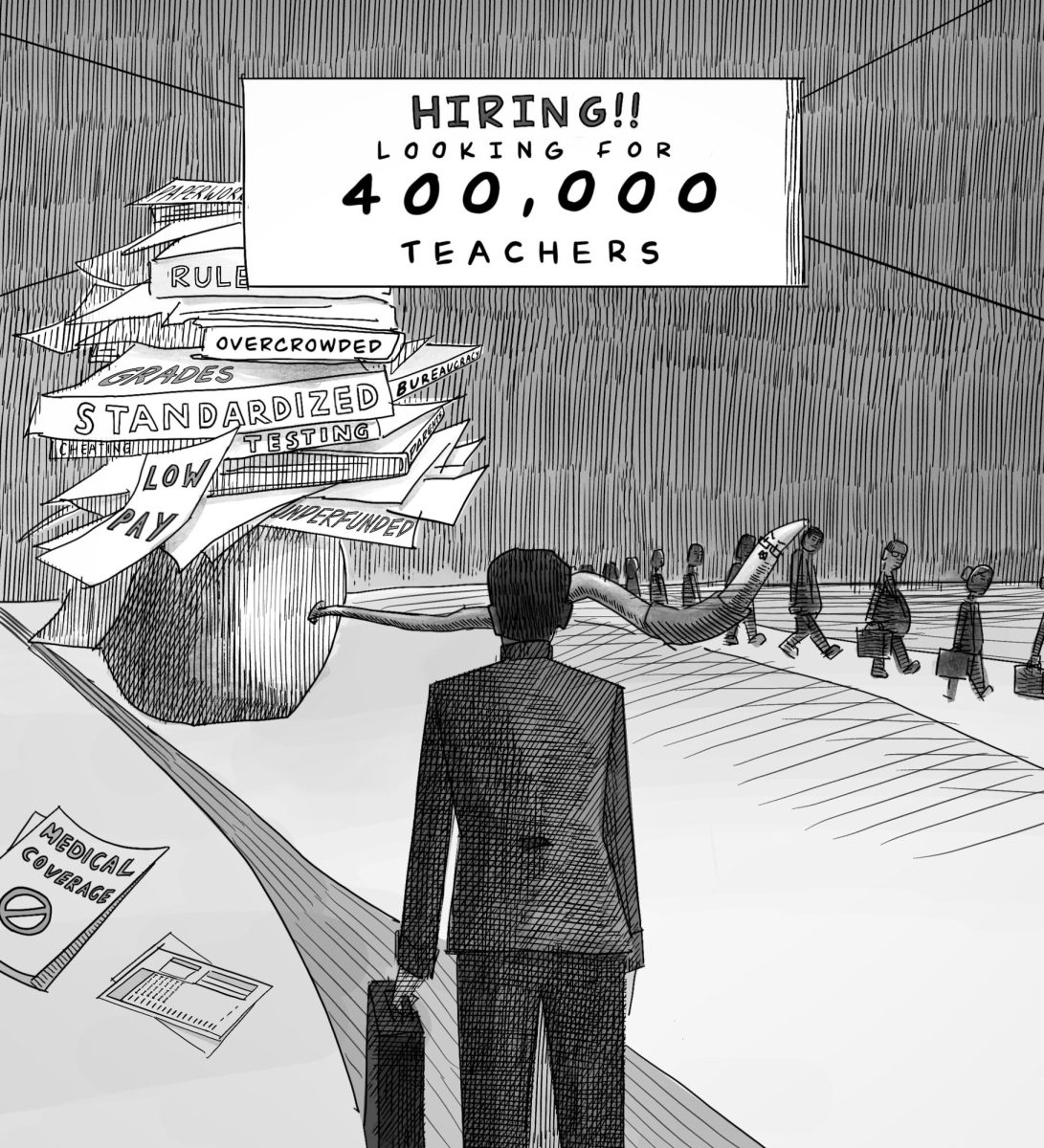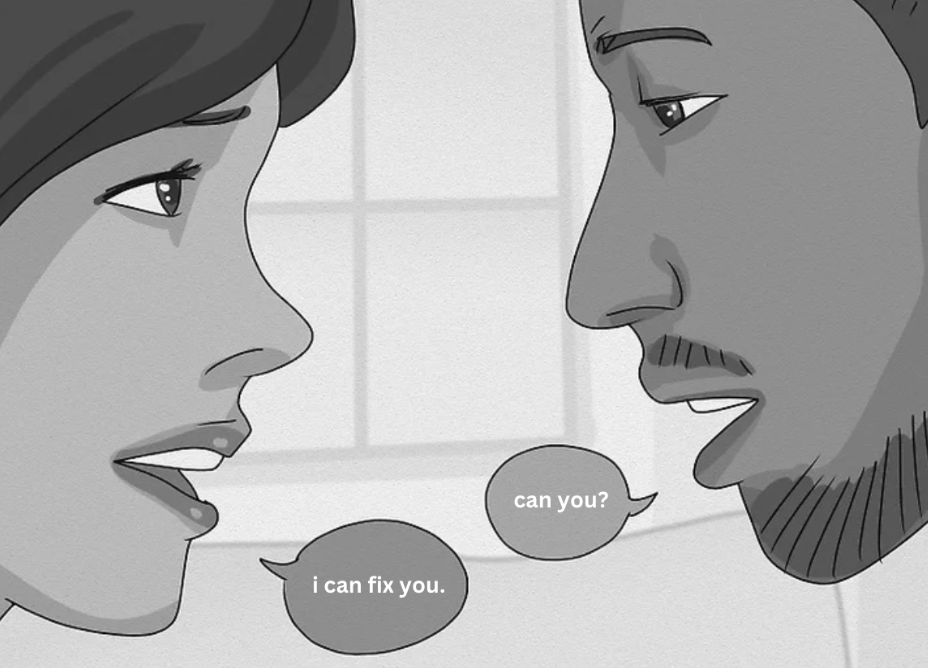The recent arrest of student activist Mahmoud Kahlil has sparked controversy regarding the current student protests occurring at Columbia University. Mahmoud Kahlil was a lead negotiator for the pro-Palestinian campus occupations and on April 2, 2025, he was taken by US Immigration and Customs Enforcements so that his visa was revoked. Kahlil was sent to the LaSalle Detention Center in Louisiana.
This incident marks a broader issue of governments trying to target student activists who are representing the raw truths that are apparent in the country. The Trump administration has particularly set its sights on defunding certain prestigious universities including Harvard, Princeton, Columbia, among others due to their alleged associations with antisemitism and ideological indoctrination. The backlash from these institutions is prominent and logical, as Harvard University rejected the Trump administration’s demand for $9 billion for research funding. This particular incident indicates the rising tensions within universities and colleges due to the current defunding process that is happening. It also demonstrates how freedom of expression is being jeopardized at higher learning institutions, which is quite ironic, given that these schools emphasize unparalleled research and ideas.
These financial threats reveal that universities may take other actions that threaten the current freedom that students have. Evidently, the incident with Mahmoud Kahli highlights the university’s attempt to prevent students from expressing their freedom.
Some may believe that these protests should be banned on university campuses because there is a potential for classroom disruptions and an escalation of violence, even though they may start peacefully. After all, these protests create a sense of tension and endanger students and staff. However, civic engagement remains a necessary part of education. Education builds off of the constant prodding and questioning of the current world and how to make it better. Without protests, students and staff cannot freely advocate their viewpoints and experience a limitation of their freedom.
Historically, universities have been a place for freedom and expression, as student bodies have been involved in leading efforts for protesting and activism. During the Vietnam war, there were tons of student protests flooding college campuses. Many students opposed the current draft which sparked tensions among younger generations and disproportionately affected their population. Another instance of utilizing universities as a hub of freedom and expression is during the Civil Rights movement. Groups including the Student Nonviolent Coordinating Committee organized sit-ins at the Shaw University Campus in Raleigh, North Carolina. These sit-ins encouraged students to challenge racial discrimination that was impacting the country during the time.
The aforementioned incidents demonstrate how universities thrive from the backbone of historical events, becoming epicenters for expression and change.












